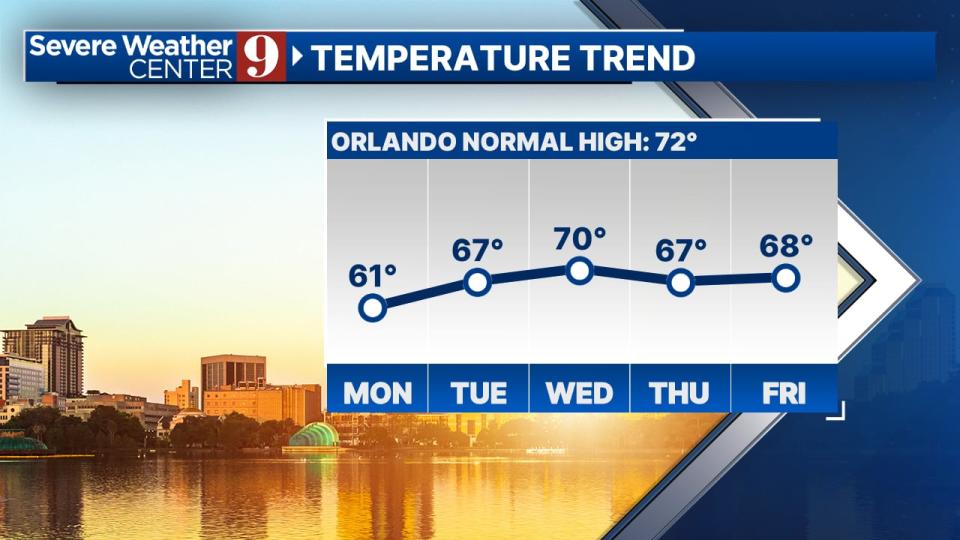A team of international scientists led by the University of Cambridge used images captured by NASA’s James Webb Space Telescope and Chandra X-Ray Observatory to discover the oldest black hole ever observed, dating to just 400 million years after the Big Bang.
In findings published Monday in the journal Nature, researchers note the surprisingly massive black hole, which is a few million times the mass of the sun, exists so early relative to the formation of the universe that it’s challenging previously held theories about the formation of black holes.
Following current models, the newly detected black hole should have taken about a billion years to grow to its current observed size. But researchers said the 13.7 billion-year-old universe was not yet a billion years old when the body was detected.
“It’s very early in the universe to see a black hole this massive, so we’ve got to consider other ways they might form,” lead author Roberto Maiolino, a professor at Cambridge’s Cavendish Laboratory and Kavli Institute for Cosmology, said in a press statement. “Very early galaxies were extremely gas-rich, so they would have been like a buffet for black holes.”
Related
The size of this black hole, which was found in a host galaxy dubbed GN-z11, suggests the body may have been “born big” or consumed matter at a rate five times higher than previously thought possible.
Researchers report GN-z11 is a compact galaxy, about one hundred times smaller than the Milky Way, but the black hole is likely hindering its development. According to the report, when black holes consume too much gas, it pushes the gas away like an ultra-fast wind. This “wind” could stop the process of star formation which would slowly kill the galaxy. But it will also kill the black hole itself by cutting off its source of “food.”
Maiolino said the Webb telescope is powering a giant leap forward when it comes to research and discovery in the cosmos.
“It’s a new era. The giant leap in sensitivity, especially in the infrared, is like upgrading from Galileo’s telescope to a modern telescope overnight,” Maiolino said. “Before Webb came online, I thought maybe the universe isn’t so interesting when you go beyond what we could see with the Hubble Space Telescope. But that hasn’t been the case at all. The universe has been quite generous in what it’s showing us, and this is just the beginning.”
Signup bonus from



